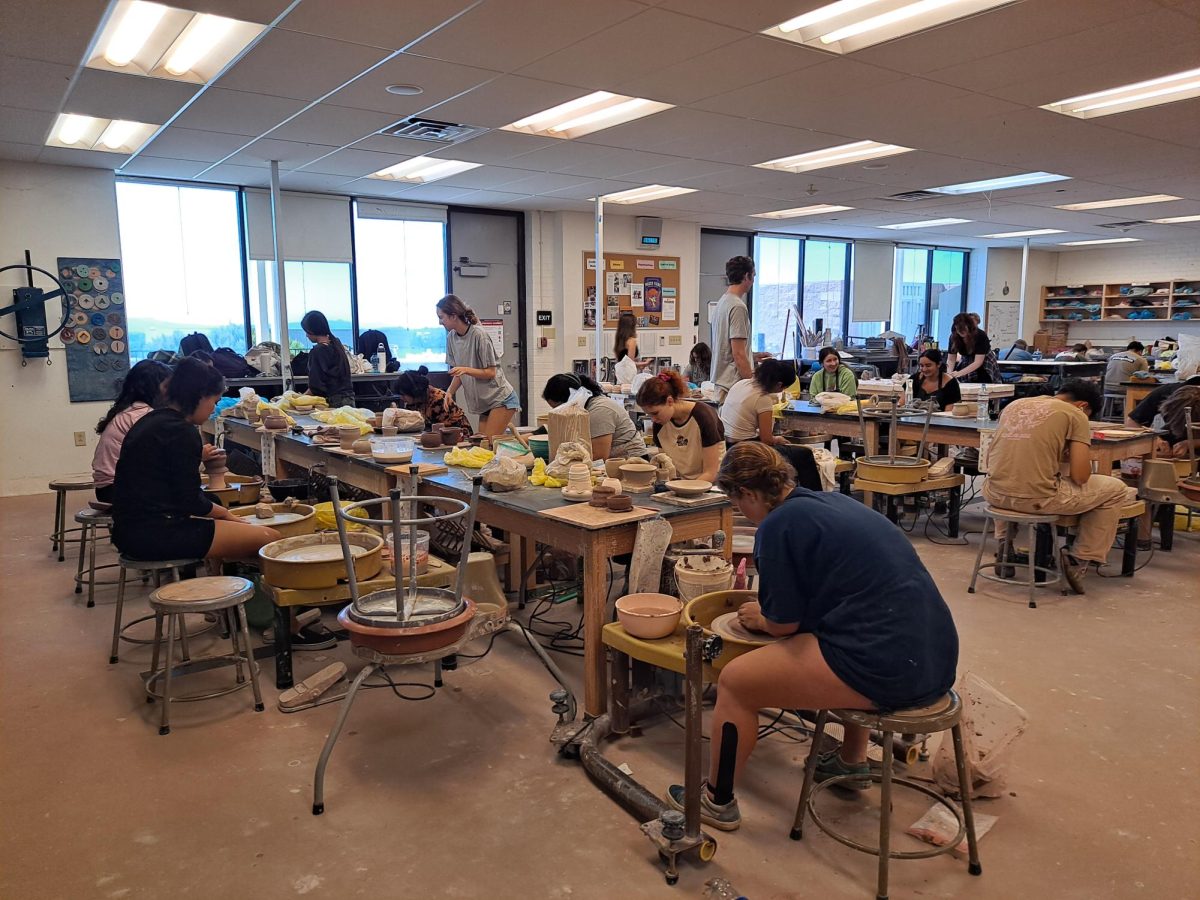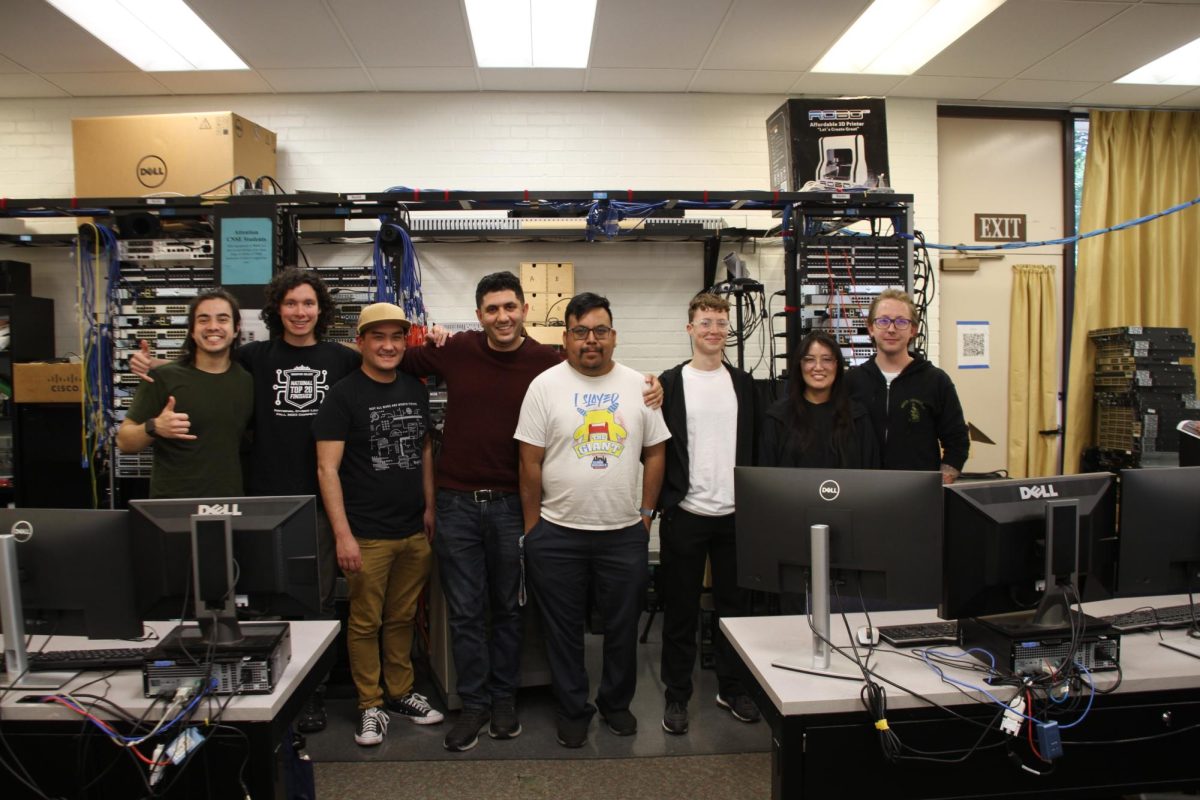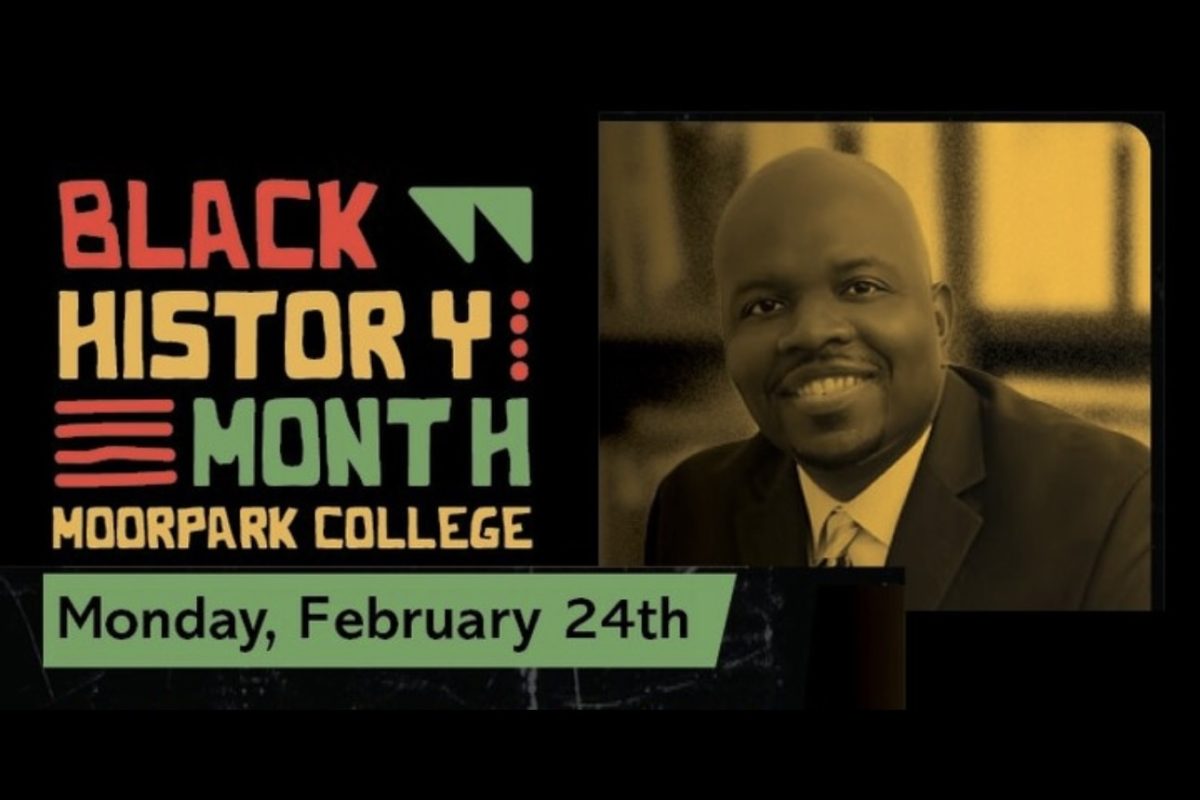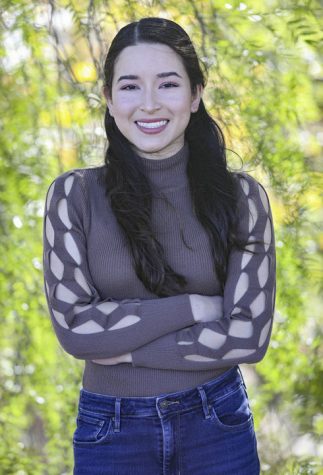On Thursday, Film, Television and Media Arts, also known as FTMA, professors hosted the webinar ‘Women in Film: Under-representation and misrepresentation of women in the entertainment industry’ to celebrate Women’s History Month.
To start off the webinar, Diversity, Equity and Inclusion Coordinator Tamarra Coleman introduced FTMA professors at Moorpark College, Nicole Block and Lauren Snowden, who developed and led the presentation.
Before the presentation began, Coleman addressed the tragic killings of Asian women at a spa that took place in Georgia.
“I want to point to the women who were targeted and I think it’s relevant in all context, but particularly in this context where film often times perpetuates, stereotypes, fetishilization and sexualization of Asian women,” said Coleman.
Block started off the presentation by explaining how those in power influence media and society. She explained that the founding ideology of the United States was of a “White patriarchal capitalist society” and further added “America’s founders decided only White men who were landowners could vote”.
Though Snowden was not present for a portion of the webinar, Block was able to read quotes Snowden had in place.
“In many ways, media is an alternate reality that is being formed by the people in positions of influence and those depictions become ‘truth’ in society,” Block read from the powerpoint.
To further explain Snowden’s quote one of the examples of a film given was ‘Birth of a Nation’.
Created in 1915, the film set up stereotypes of Black men as “lazy, savage, villainous and unremorseful”. The film also portrayed Black women as “sexual or overweight, homely and unattractive or too sexual and vulgar”. These stereotypes of Black men and women determined their roles in films for years, stressing the importance of diverse creators in media to change how different genders and minorities are perceived.
Segments from two documentaries ‘This Changes Everything’ and ‘The Mask You Live In’ was shown to the audience.
Following the documentaries, a discussion of women in films began.
Mary Pickford, actress and producer studio founder known for her curls, played roles of a little girl into her 30s. After cutting her hair to gain more mature roles, she only starred in one film and shortly after, her career was cut short.
Block explained the emergence of the femme fatale character who “uses (her) sexuality and men to get what she wants then gets the man in trouble or led to his death”.
After World War II, films began to adapt this character because “women were expected to leave their jobs and go back home, return to being subservient to men, which created tension,” according to Block.
Disney princess movies were also discussed. Since 1937, every Disney princess movie had more male characters than female. Most of these films were focused on the princess being saved until Disney’s ‘Brave’ and ‘Frozen’.
A call to action section on how to make a difference of women in media was led by Snowden.
“The cinema is, in many ways, a microcosm of our society and skewed depictions we see on screen are a symptom of the way women are viewed in society,” said Snowden.
To accurately depict women, Snowden suggested that women as everyday people, no matter their occupation, should let their story be heard. She explained that real life women have inspired films such as ‘Amelia’ based on Amelia Earhart, ‘Joy’ based on Joy Magano and ‘Hidden Figures’ based on Mary Jackson, Katherine Johnson and Dorothy Vaughan.
Supporting films written and directed by women as conscious consumers also help make a difference in how women are presented in films.
To end the webinar, a question and answer chat was made available for those in attendance.
An attendee asked in the chat what can be done to help women.
“I think a big contribution that men can make is just to be intentional about recognizing the values that women are bringing to situations,” said Snowden. “If we go to the first thing that comes to mind, it’s usually the most prevalent and what we have been talking about this whole presentation is the fact that women are not so much out in the forefront”.
Being intentional not just in cinema but in different career sectors can then produce a ripple effect and bring forth a more inclusive society for women.
Students can watch the documentary ‘This Changes Everything; for free through the Kanopy portal by clicking here.














